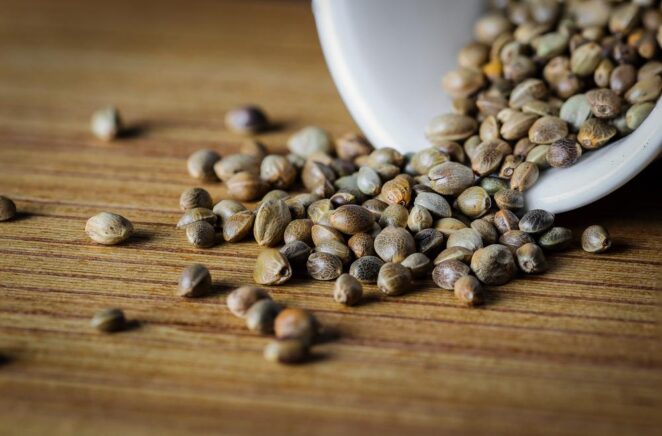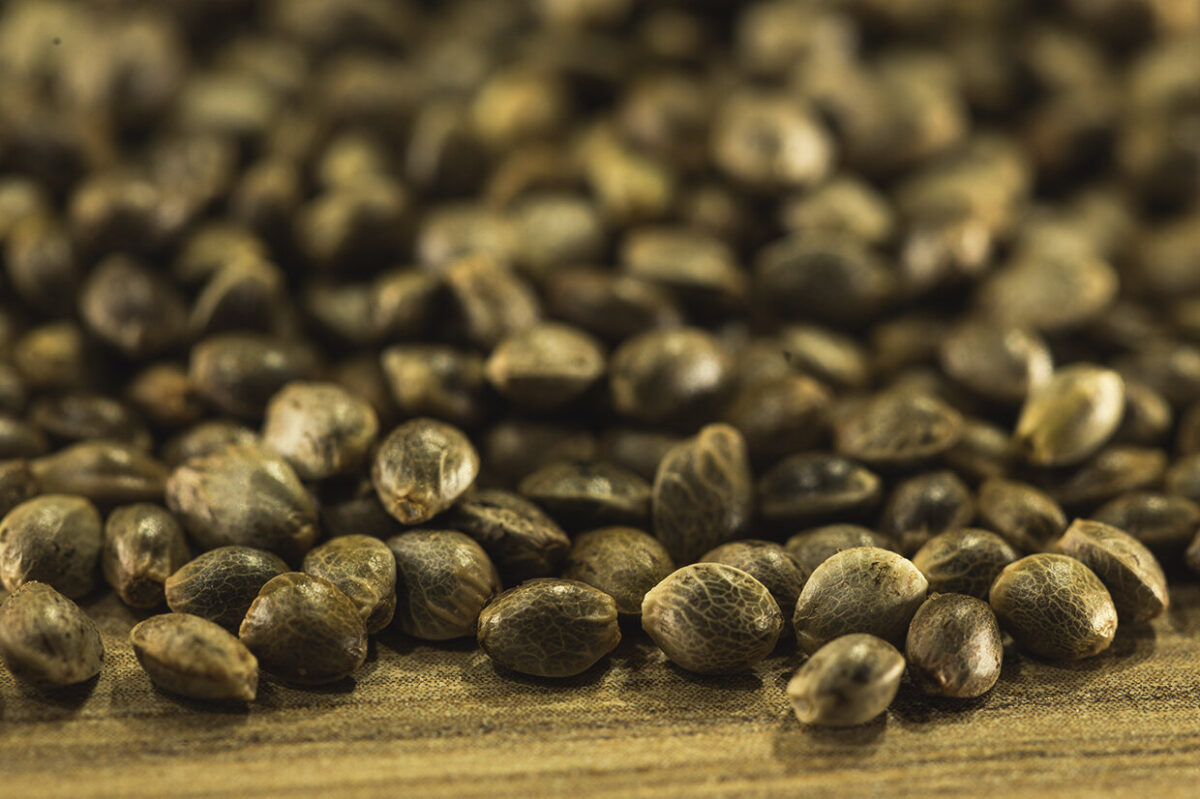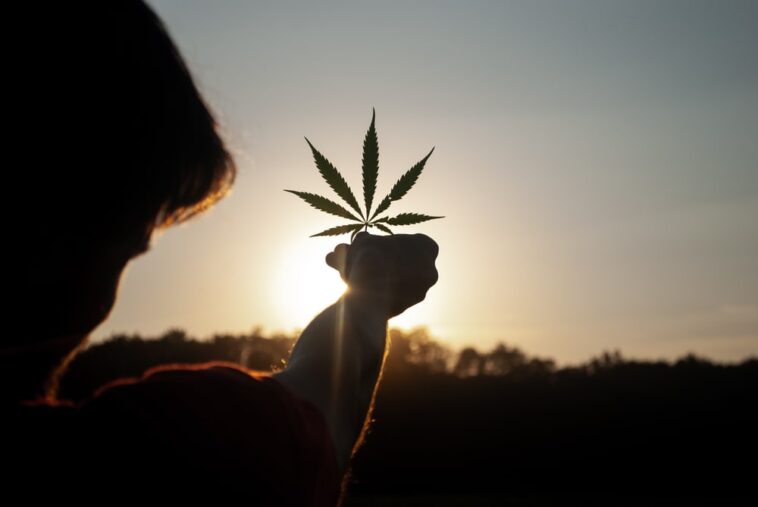It is not a secret anymore that hemp is gaining more popularity with every passing moment. However, before you dive into this dynamic world of hemp, CBD, and more, there are a few things you need to have in mind. One of the biggest reasons behind the popularity of hemp is its amazing health benefits.
However, in the world of hemp things are not so binary; the plant comes with its fair share of controversial opinions about it. These recent health-related discoveries can make one wonder why hemp has been disregarded as a notorious drug throughout most western history while boasting so many benefits. So, whether you are thinking about jumping into the hemp industry as a seller or want to use it, you need to be well aware of everything about it.
Do You Know What Hemp Is?

In simple words, hemp is a plant from the cannabis family. Nowadays, there is industrial hemp available that is a non-psychoactive variant of the THC carrying plant. It is most commonly found in the northern hemisphere; however, its historical origin is quite controversial as some believe that it originated in the Himalayan region. You can find different variations of this plant, including Cannabis Ruderalis, Cannabis Indica, and Cannabis Sativa.
Cannabis has been considered a drug by different governments and ideologies; it has its own industrial, medicinal, and recreational purposes as it contains THC (tetrahydrocannabinol), which is its psychoactive component. Usually, the plant has low THC content (about less than 1%) and quite high levels of CBD, or cannabidiol; this means it has more benefits than risks. However, the controversy has been primarily focused on the psychoactive component and its potential risks; but people are slowly debunking some of the long-standing myths about the plant.
What is Hemp Hearts?

Hemp seeds are commonly referred to as ‘hemp hearts’; they are brown-colored small seeds that have a high protein content, insoluble and soluble fiber, and lots of fatty acids (including omega-6 and omega-3) as well. These seeds are quite crunchy and are considerably low in THC content. One of the best things about them is their high antioxidant effect; according to Area 52, they can reduce symptoms of joint and skin-related ailments. They also improve cardiac health; you can easily add them to your regular meals or consume them in powdered form to have a balanced diet.
Interestingly, hemp seeds boast rich nutritious substances, healthy fats, and protein content. The fat content in these seeds helps with minimizing swelling or inflammations. Some chemicals that are found in the hemp seed usually help enhance bowel movements and lower blood pressure.
Why is Hemp So Popular?

Hemp is quite famous because of its low psychoactive component THC and a lot of health benefits. Usually, people use it to relieve eczema symptoms, high cholesterol levels, constipation, arthritis, and various other conditions.
Although hardcore scientific research is limited on this plant, its use has been spreading all around the world. It is also used in cosmetic products, wood preservatives, soaps, lighting oil, rope, ink, and detergents.
The Nutritional Magic in Hemp

Hemp has various nutritional benefits, which is generally one of the primary causes of its popularity. It is a protein powerhouse because of all the amino acids that it contains. As a matter of fact, it would not be so wrong to call hemp seeds a complete protein source because it contains all 21 amino acids, including the 9 most essential amino acids as well. These specific amino acids are extremely significant to a healthy and well-functioning body, but they are unfortunately not produced by our bodies organically; this is where hemp can help!
Another important health benefit it has is that it carries some of the most important fatty acids out there. Interestingly enough, this controversial seed is jam-packed with natural health resources; omega 3 and omega 6 fatty acids included. It is one of the wonders of nature, but unfortunately, the human body does not synthesize it naturally and we have to consume them through other food sources. These fatty acids are extremely important for the proper functioning of the brain, heart, and various other cellular processes in our bodies.
In addition to having two important fatty acids and about 21 proteins, hemp seeds carry zinc, magnesium, iron, and vitamin E as well. As you may already know, zinc and vitamin E are quite potent antioxidants and are required to protect cells against the negative effects of aging, caused by free radical damage. Iron is required for properly distributing oxygen-enriched red blood cells throughout the body.
The benefits of hemp do not end here; its nutritional contents have a far-reaching impact on our overall health. For instance, the CBD component that is found in hemp seeds actually plays a significant role in various neurological conditions, including multiple sclerosis, neuropathic pain, Alzheimer’s disease, and Parkinson’s disease. They are also beneficial for maintaining your cardiac health and can play a vital role in reducing inflammation in our bodies. Hemp seeds have also been beneficial in the management of chronic ailments and their symptoms, including arthritis, metabolic syndrome, and type-2 diabetes.
Different Hemp Seed Production Varieties

Generally, there are three main varieties of hemp production that you need to be familiar with; fiber, grain/seed, and hybrid. Every variation utilizes a different technique, seed, and equipment. Grain variant is slender, about 5-7 feet tall, usually producing the oilseed with high nutritional value and protein content. The fiber variant is about 10-18 feet in height and is usually useful for the construction and textile industries. The hybrid variant of hemp is quite bushy and has a height of 6-12 feet.
While hemp seeds and hemp products are quite popular today and have been shown to have various health benefits as well, it is important to avoid consuming them recklessly. Always do your research and consult your healthcare provider to check if you have a condition in which hemp seed consumption may not be recommended. Or perhaps you will only have to monitor the levels that you consume. Take your health and well-being into consideration and purchase hemp products from authorized and reliable suppliers to avoid any potential health risks.




